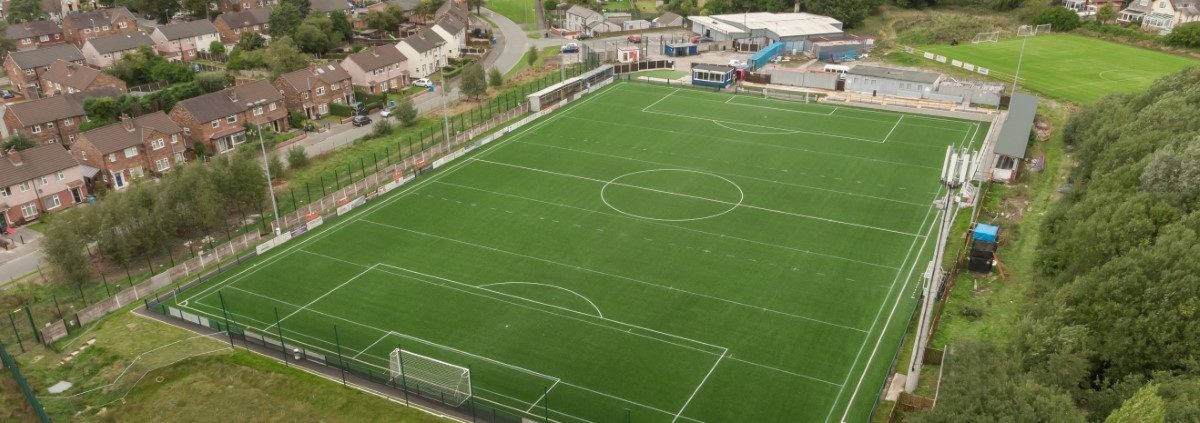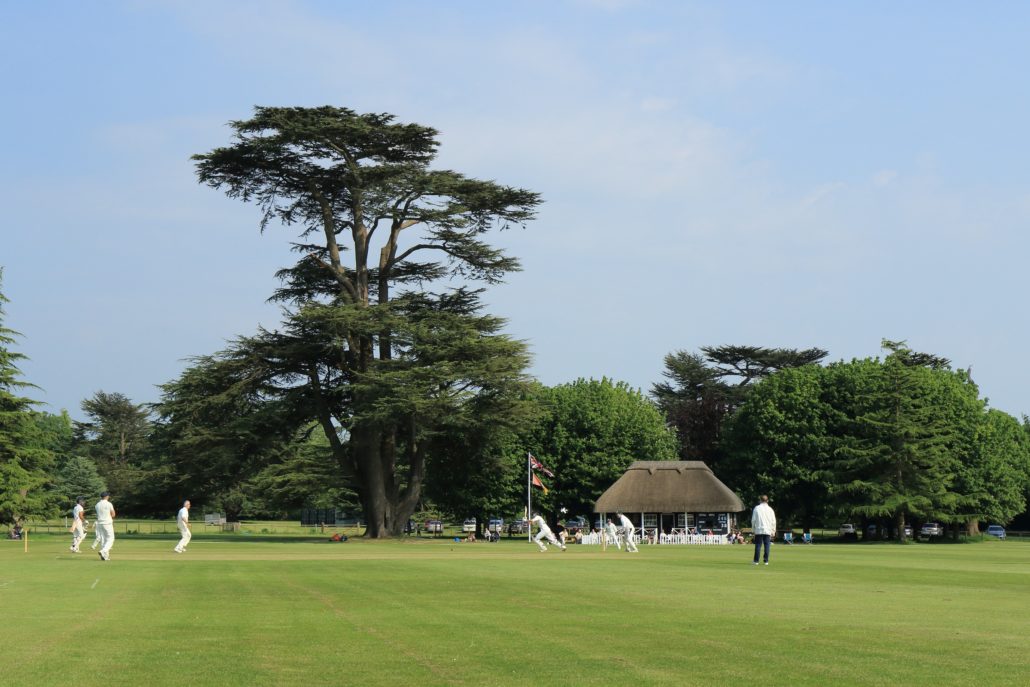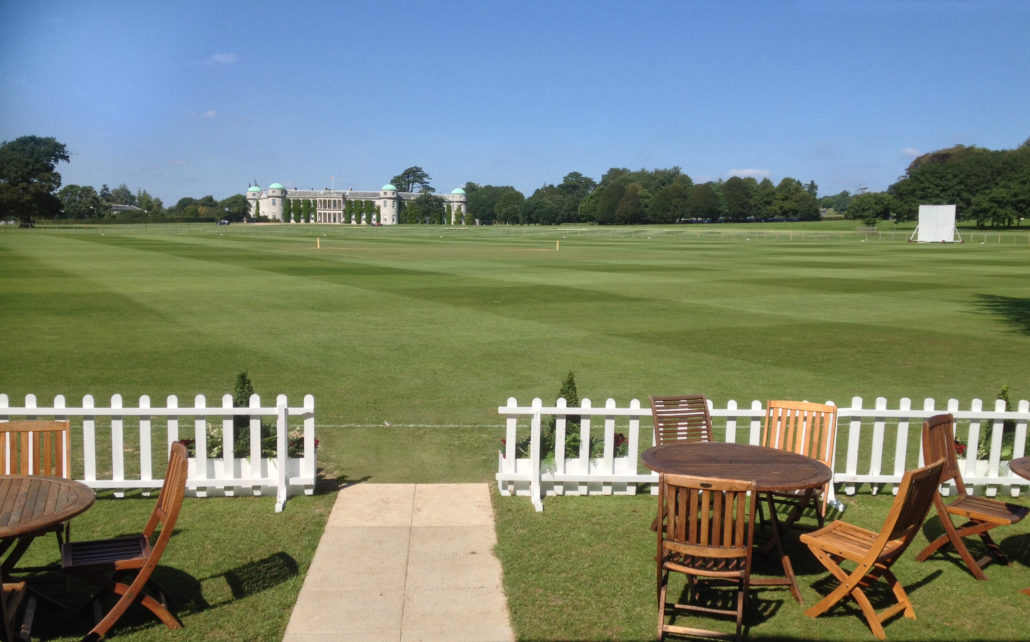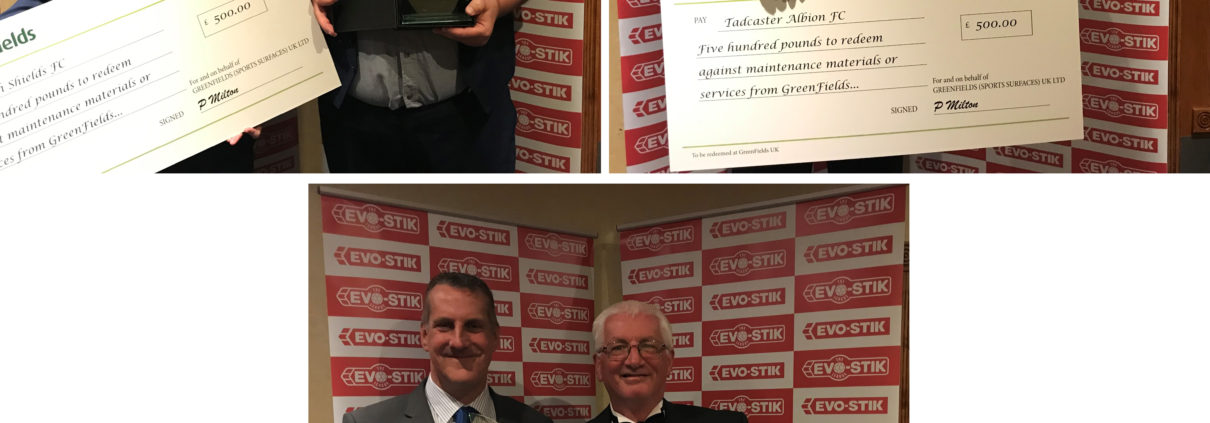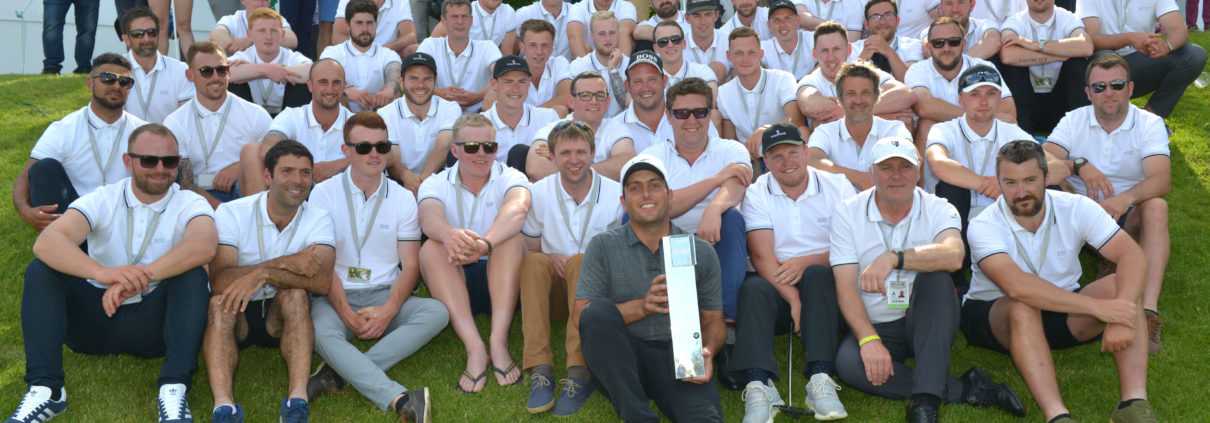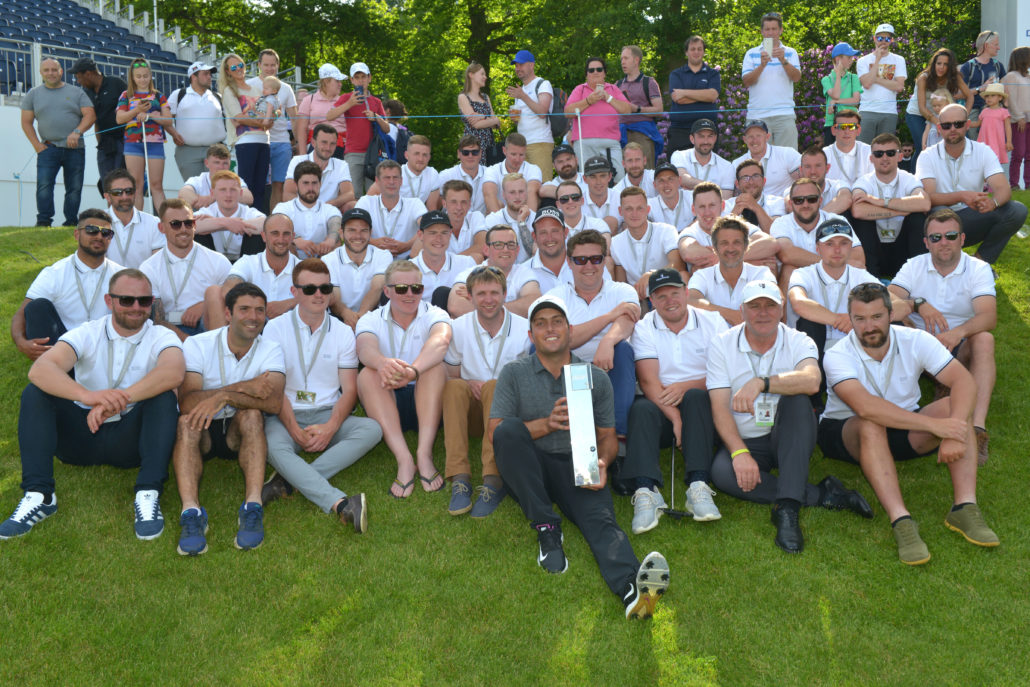Avro Promoted On Greenfields Pitch
Avro Promoted On Greenfields Pitch: After two seasons of playing on their GreenFields 3G pitch, Avro FC have celebrated a second successive promotion which will see them move up from their short-lived stay in the North West Counties First Division to play the 2019-20 season in the North West Counties Premier Division.
Having won the Manchester Premier Division in 2018, then to gain promotion last season (finishing second but gaining promotion with points-per-game), Avro FC are certainly on a roll and definitely a team to look out for. Rob Fuller, Avro FC Chairman attributes their success in part to the installation of the 3G pitch back in Autumn 2017, he commented: “We are about to begin our third season with our GreenFields 3G pitch and we could not be more pleased with it. We are certain that the pitch has played a huge part in our back to back promotions. Last season was our first in semi-professional football, and we received only positive comments from visiting teams regarding the pitch. Several teams pointed out that the GreenFields surface was far superior to any that they had played on previously and they were impressed with the quality of the grass, and the natural bounce and run of the ball during game play. We are proud of our GreenFields pitch and look forward to continuing our successful partnership in 2019/20 as we look forward to playing in the NWCFL Premier Division for the first time.”

Last season saw the club compete in the coveted Buildbase FA Vase for the first time and their most recent promotion which will see them play at step 5 will also open the door to a place in the Emirates FA Cup, a dream for all clubs and footballers alike.
As part of their commitment to supporting non-league football clubs, GreenFields have renewed their sponsorship agreement with Avro FC for the 2019-20 season. Paul Milton, Commercial Director at GreenFields commented: “We are thrilled to see that Avro FC have been promoted for the second year in a row. It’s a brilliant achievement for them and we couldn’t be happier that the GreenFields pitch has played a part in their success. We look forward to seeing them continue to flourish and are proud to be partnering and supporting them for another season.”
More information on GreenFields can be found at www.greenfieldsturf.co.uk
For the latest industry news visit turfmatters.co.uk/news
Get all of the big headlines, pictures, opinions and videos on stories that matter to you.
Follow us on Twitter and Instagram for fun, fresh and engaging content.
You can also find us on Facebook for more of your must-see news, features, videos and pictures from Turf Matters.

